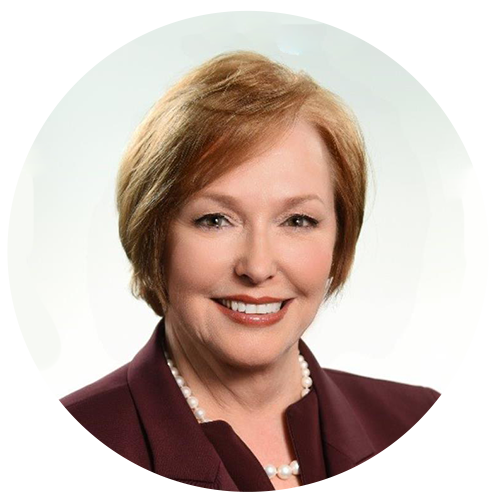Language exposure not only bears an obvious relationship to a child’s linguistic development but also significantly influences a child’s overall cognitive and educational achievements (Hart & Risley, 1995).

These ground breaking findings were observed over 20 years ago by Kansas psychologists Betty Hart and Todd Risley. Two decades have past and further academic research has built on the 30 Million Word Gap. Yet mainstream access to these findings and the ramifications for our next generation has yet to make it into the hands of all parents. We think this needs to change.
“There is a profound predictor of health and wealth that can be determined by 3 years of age. And that predictor is language.”
Dr. Brenda Fitzgerald
Commissioner of the Department of Public Health
Georgia, United States

Talk2MeMore is leaning on a new approach to addressing this social imperative

We’ve asked the question that by empowering parents with the most effective information and a way in which they can observe and measure their child’s language environment, can they make it more nutritious for their child? Preliminary results indicate that educational information combined with quantitative linguistic feedback may have a positive effect on caregiver language output, thus enhancing the child’s language environment (Suskind et al, 2013).
Talk2MeMore are looking to discover whether this approach will provide a more effective way of supporting parents and ultimately a child’s needs in the early years in terms of their social, emotional, and cognitive development. So far the results are promising within academia. Talk2MeMore is looking to take it that step further and empowering all parents with the same tools and resources to help support their childs development in the early years.
By the age of 2 years old, a child’s brain is about 80% of the adult size
From zero until 3rd class children learn to read, from 3rd class onwards your children reads to learn. The deficit starts so early, which is why so many children are vulnerable to being left behind. We at Talk2MeMore believe something needs to change and that this crucial information should be accessible to all parents. For the first time parents can benefit from accredited information, using an approach that is science-based that can reduce the risk of your child developing early learning difficulties. It can start at home all through the power of parent talk.
References:
Hart, B. and Risley, T., 1995. Meaningful differences in everyday parenting and intellectual development in young American children. Baltimore: Brookes.
Suskind, D., Leffel, K.R., Hernandez, M.W., Sapolich, S.G., Suskind, E., Kirkham, E. and Meehan, P., 2013. An exploratory study of” quantitative linguistic feedback”: Effect of LENA feedback on adult language production. Communication Disorders Quarterly, p.1525740112473146.


